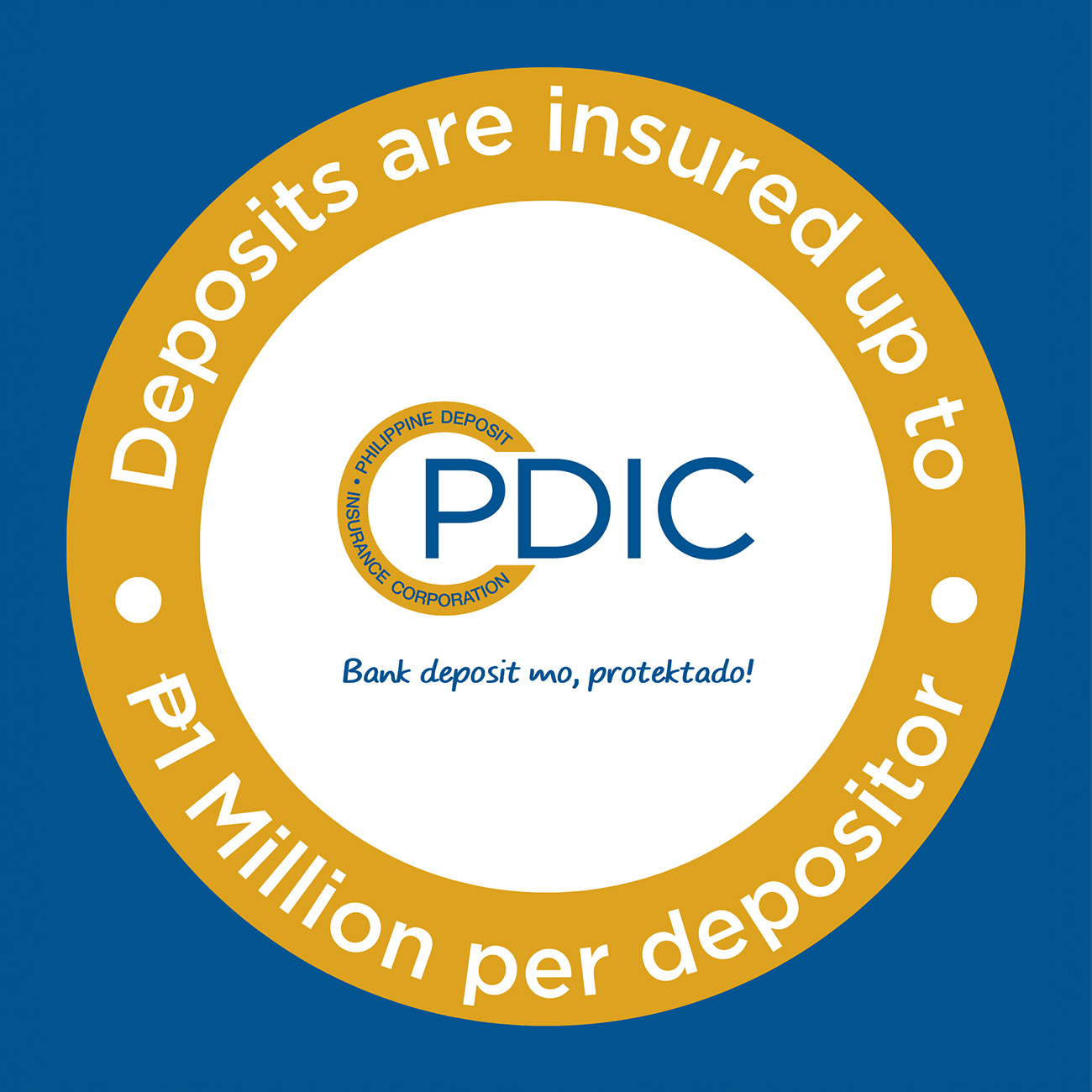Traveling abroad often means preparing not just your itinerary but also your budget. One of the first questions travelers ask is: Is it better to exchange money in the Philippines or should I exchange it overseas?
The decision can affect not only how much cash you end up with, but also how convenient and safe your trip will be. By understanding rates, fees, and other factors, you can choose the option that makes your money go further.
Local vs. Overseas Money Exchange: A Quick Comparison
Should you exchange your money in the Philippines or abroad? Each option has its own advantages and disadvantages.
Money Exchange in the Philippines
- Pros: You can often find competitive exchange rates and transparent transaction fees. You'll have cash on hand the moment you arrive at your destination.
- Cons: You'll need to carry a big amount of cash with you, which can be a security risk.
Money Exchange Overseas
- Pros: You can get direct access to local currency, and you have flexible options for adding funds as you go. You won't have to carry as much cash with you on your trip.
- Cons: Exchange rates and fees can vary widely depending on the country or service you use.
For most travelers, combining both options is the best approach.
Exchanging money can affect how far your budget goes. These factors will help you choose wisely:
1. Currency Rates
When traveling, one important factor to consider is the exchange rate. A stronger rate means you get more of the foreign currency for every Philippine peso you exchange. Note that the rate can vary depending on whether you exchange money in the Philippines or abroad.
Local money changers and banks often offer competitive rates because they serve a large market of outbound travelers. On the other hand, exchanging abroad gives you direct access to local currency but with different rates.
A helpful step is to check the forex rates before your trip to see where you'll get better value for your money. It shows you if rates abroad are better or if it's smarter to exchange your money locally.
2. Transaction Fees
Aside from the currency rates, transaction fees also play a role in the final value you get. Some money changers abroad may apply higher service charges, especially at airports or tourist-heavy areas. Those small percentages can reduce the actual cash you’ll get.
Meanwhile, exchanging money in the Philippines can be more predictable since you know the fees upfront. Still, it's smart to ask if your chosen outlet charges fixed fees or percentages, so you aren't surprised by the final cost.
3. Convenience
When you exchange your money in the Philippines, it gives you peace of mind that you already have enough cash on hand. It is convenient if you need to pay for transportation, meals, or purchase small items as soon as you arrive at your destination.
Exchanging money abroad, however, might be more practical for longer stays or destinations where card use is limited. For instance, if you run out of cash during the trip, you can easily visit local exchange counters or your preferred bank to get additional funds.
4. Safety Risks
Carrying a lot of cash while traveling can be inconvenient. Exchanging all your money in the Philippines means you may have to handle a large amount during your trip, which may not always be safe and practical.
On the other hand, relying entirely on overseas outlets may not always give you the best rates or access to reliable services. A balanced approach works best—bring enough cash from the Philippines for immediate needs and use trusted channels abroad if you need more money.
5. Availability
Money exchange services are not always available everywhere. In some destinations, banks and money changers may have limited operating hours or be located far from tourist areas.
Check in advance where money exchange services are located and the hours when they operate. You'll feel more secure knowing you have access to local currency when you need it.
Where you choose to exchange your money can make a big difference in how much you get for your peso. In the Philippines, you can choose from banks, authorized money changers, and airport counters.
Banks like BPI are a trusted choice, as they typically offer reliable rates and transparent fees. Authorized money changers in commercial areas can also offer competitive rates, but make sure that they are legitimate.
Airport counters are also convenient, and they work best for exchanging small amounts when you need cash right away.
To feel more confident in your choice, track rate movements. Learning how to read forex charts can help you understand trends and know when to exchange your money for maximum value.
There’s no one-size-fits-all answer to whether it is better to exchange money abroad or in the Philippines. Explore the differences between local and overseas exchanges so you can decide on the option that offers both convenience and value. Even a quick exchange rate comparison can save you more money than you think.
Before your next trip, plan ahead: Set your budget, monitor exchange rates, and bring only the cash you’ll actually need. Spend wisely, and let every peso take you further on your travels.

How to Access Your Funds When Traveling Abroad

5 Key Terms in Your Credit Card Statement You Must Know



